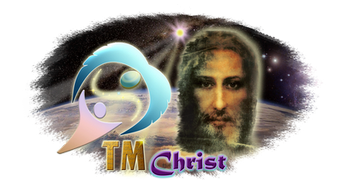In a recent Post I briefly mentioned a major deficiency of our contemporary democratic process exists where citizens are not able to become effectively involved in the development of “public issues of distinction.” This stems from a huge assumption that was made when the Constitution was written, and which subsequent Amendments have not addressed. It was assumed that congressional representatives and senators would remain familiar with the concerns of their respective electorates and carry those concerns forward to Congress in bills submitted for consideration by the whole House and Senate.
Today, gathering the ideas, proposals, comments, preferences, opinions and option-development of tens of thousands of citizens can be accomplished easily and quickly through the Internet. Instead of a town hall meeting once every three months, or writing letters to their congress person, citizens could access their own local community website to offer their opinions, preferences and options for consideration to issues, for example. Because the Internet operates 24/7 all year long, citizens could access their local sustainable democracy website whenever and from wherever they are located by using their smart phone, laptop, desktop or the computer at their local library. The hardware and software for this type of operation already exists.
Let us go slowly with this idea. What is missing from this technological development is an innovative social process that substantively adds something to the democratic process that has not existed outside of the town hall meeting and letters to citizen’s public executives. All of us are well acquainted with Twitter, Facebook, LinkedIn, Pinterest and many others. They are known as “social media” that supports social networking, where people who have similar interests and commonalities can network with others all over the world.
What is proposed here in these Posts is “Public Media” that supports public networking where citizens who have similar interest and commonalities can network with others all over the world. What citizens of democratic nations have not yet grokked** is that they have everything in common when they approach social issues, social policies and social legislation with an understanding of the universal nature of the values of social sustainability. What is needed are several innovative democratic processes.
** From Wikipedia - Grok
